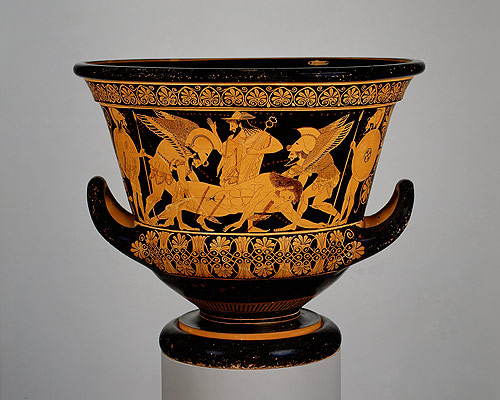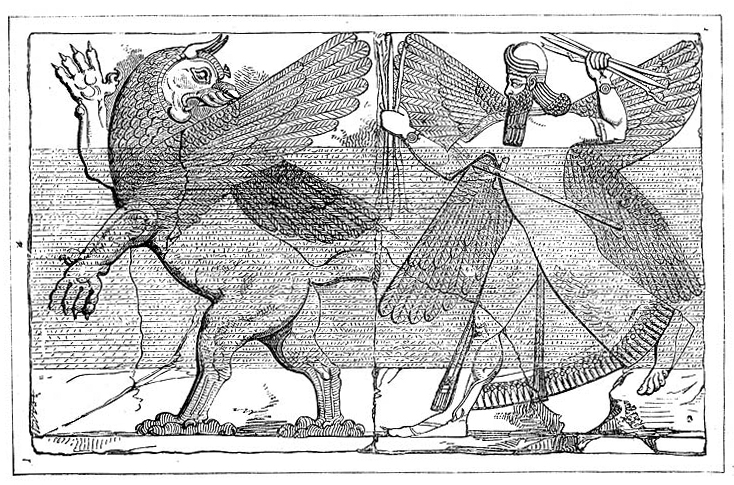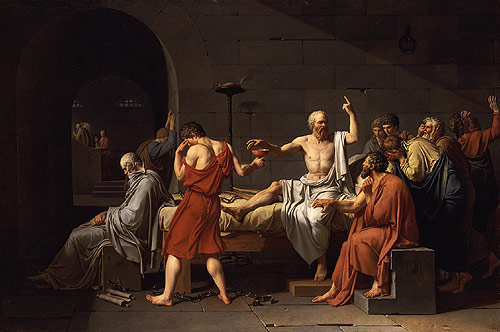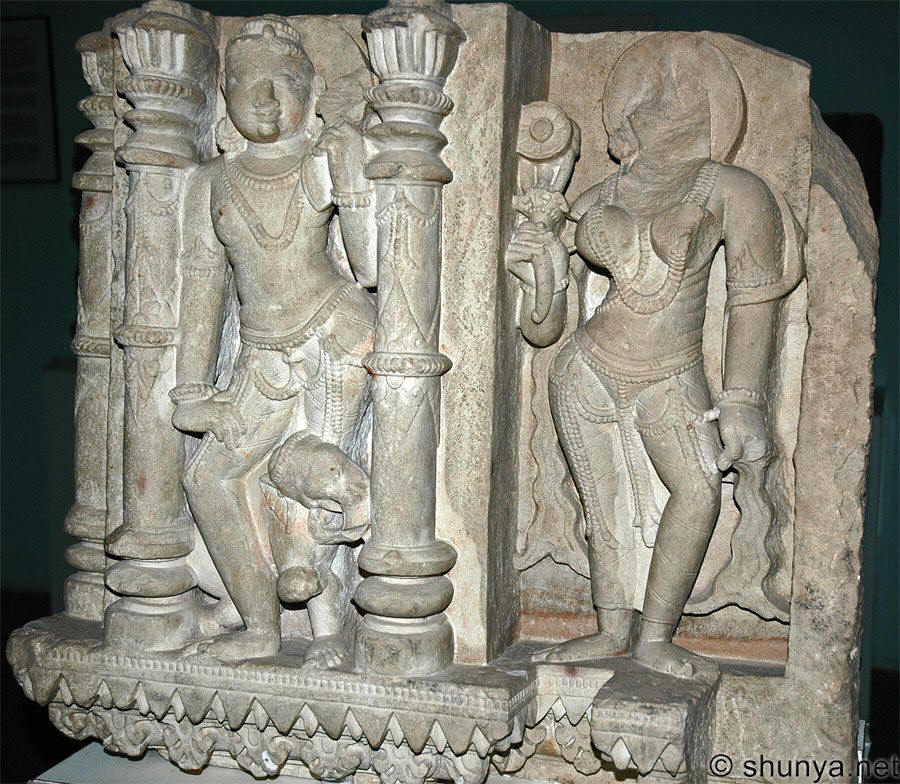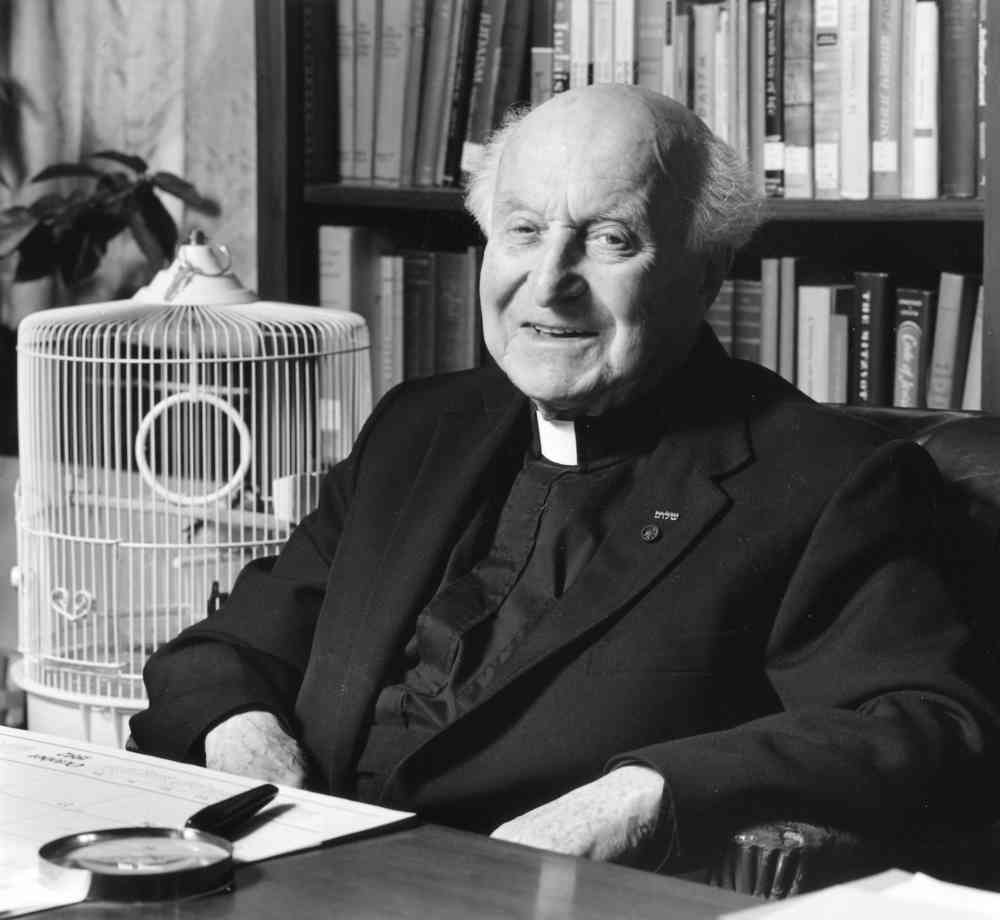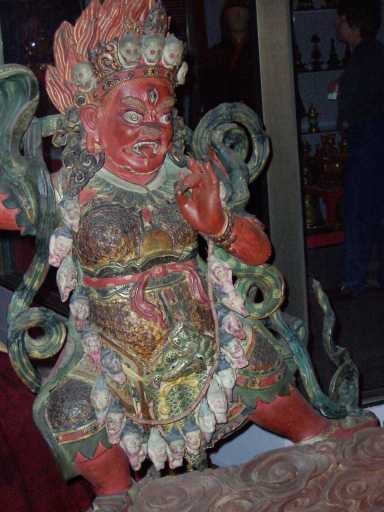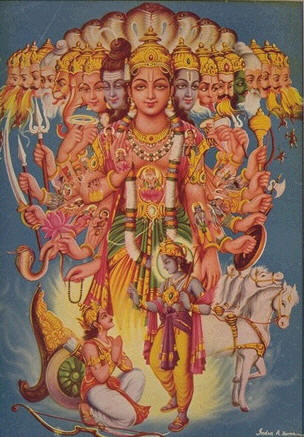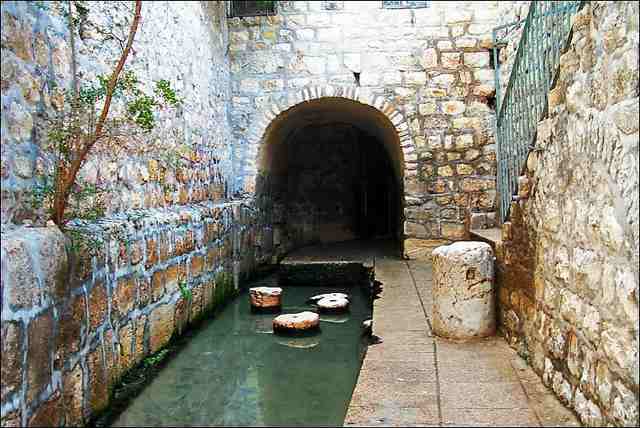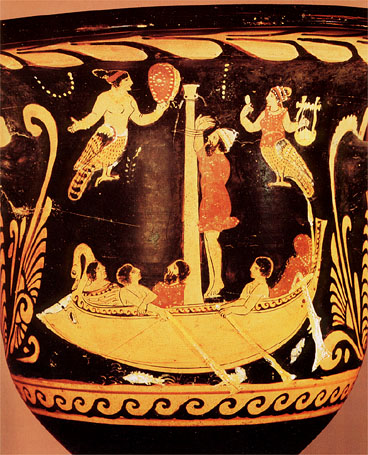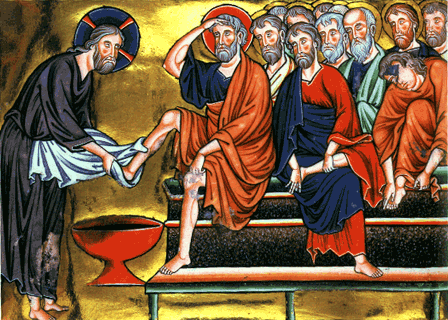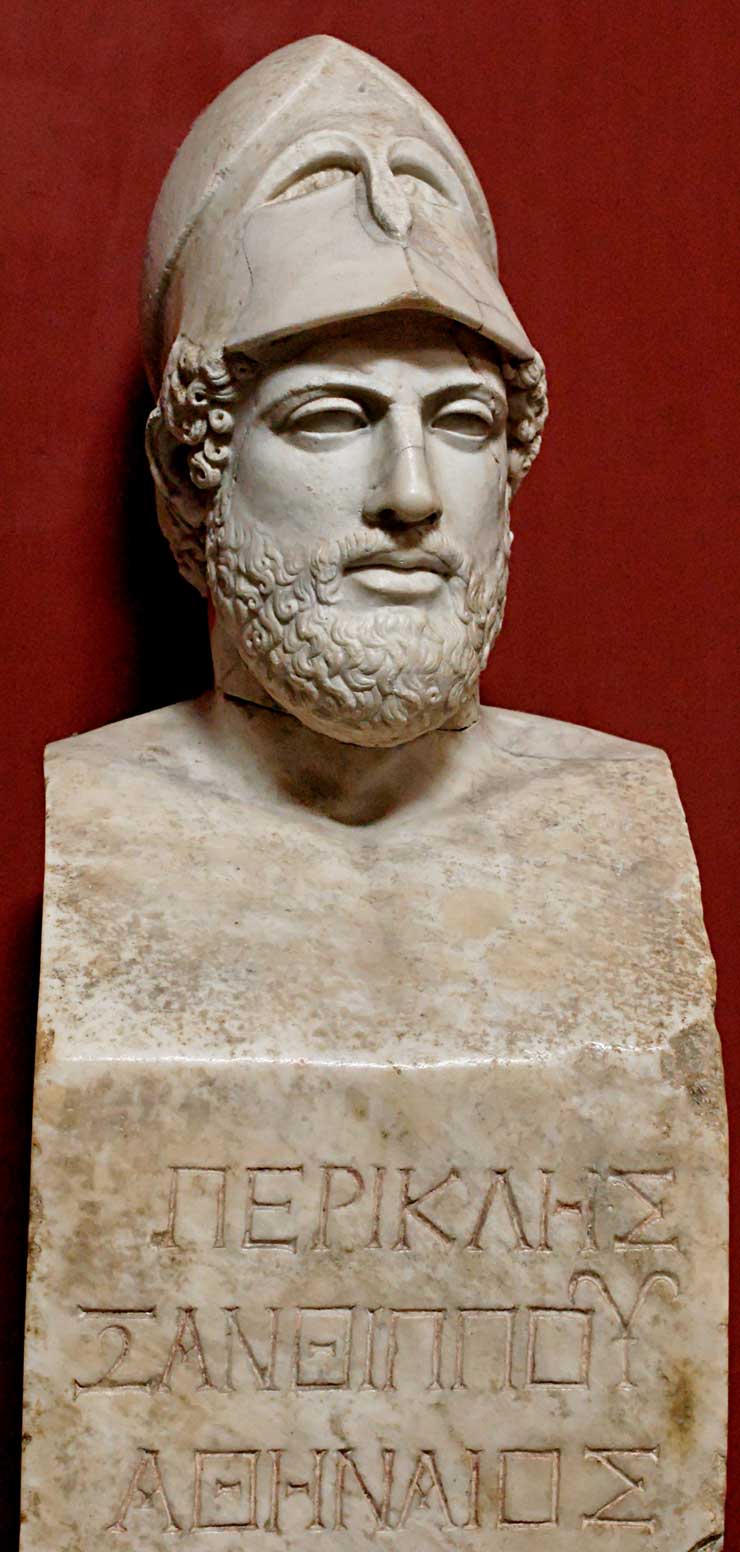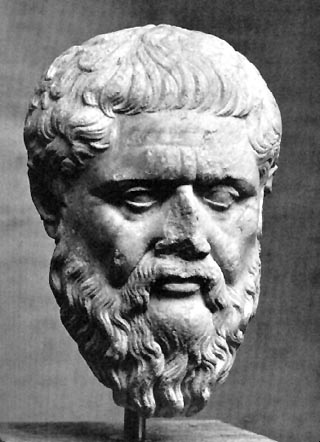|
9/16 Ahr/Conway
Booth/Stark |
|
Socrates' Apology
Socrates
(469-399 B.C.E.) was Plato's teacher. In the course of
great civil unrest in the years following Athens' defeat in the
Peloponnesian War, he was brought to trial on charges of
introducing foreign gods and of leading the youth of Athens
astray. The Apology was apparently composed not long after
Socrates' death; it presents itself as Socrates' defense against
the charges levied against him, and his speech to the jury after
he was found guilty. He was sentenced by the jury to
execution. The text indicates that Plato was present at
the trial; other dialogues suggest that Plato himself was also
present at Socrates' death. The issues of truth and
justice that the death of Socrates posed remained central issues
in Plato's thought. |
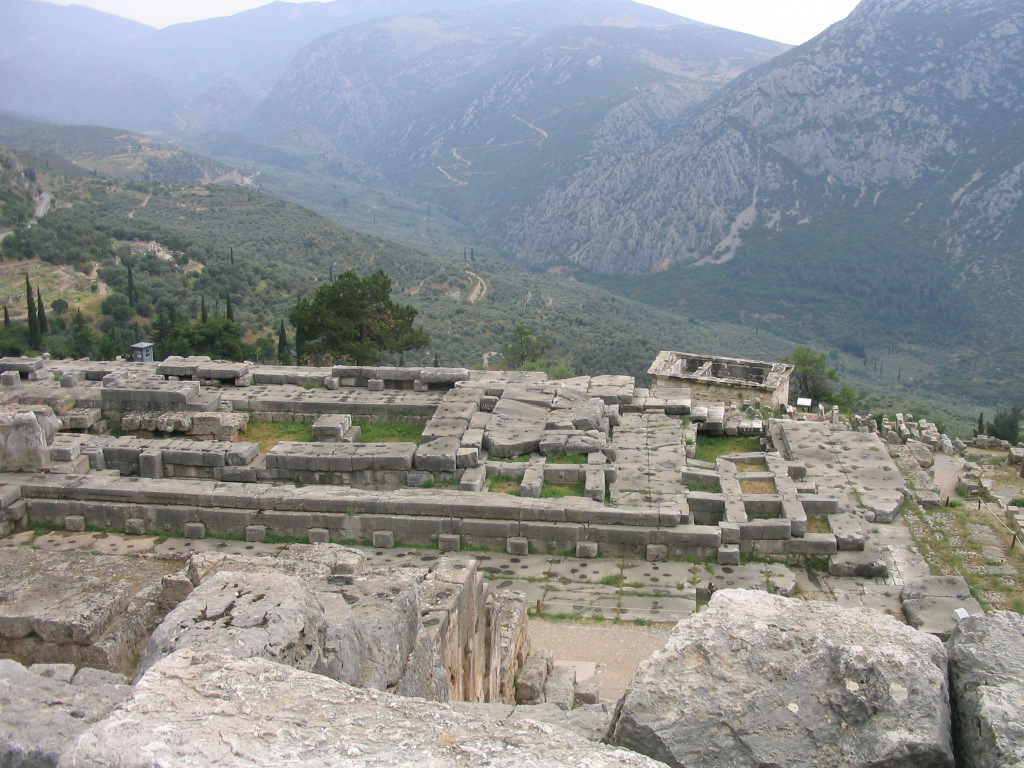
The Temple of
Apollo at Delphi; the Oracle was inside the temple. |
Do you think Socrates was
"wise"? Why? What might "wisdom" be? What passages in
his speech strike you as particularly noteworthy? What's there
that surprises you? Why? Socrates says (38a) that "the
unexamined life is not worth living for men." Do you agree with
him? Why or why not? What if he is right? What do you
think of his reaction to his impending death? Why? What do
you make of Socrates' final comment? How does Socrates know what he
knows? Can you know that way? Should you? What should
you do? How can you get to the transcendently true? How do
you know? What can we learn from Socrates' search for truth?
Before you come to class,
write a few paragraphs in your My Blog/Journal in Blackboard with your
first reflections on today's reading.
There are three main goals of the journal
assignment.
-
To provide opportunity for reflection
and integration of the course material at a personal level.
-
To provide a place to practice and
improve your writing skills.
-
To have regular contact with the
professor regarding your thoughts and ideas about what you are
learning.
It is up to you to decide on what you want
to write about for each entry. However, you must choose to discuss
something related to the course. This means you can reflect on what you
are learning from reading the assigned text, or from class discussion,
or from your discussing the text with your classmates. Whatever you
choose, we should be able to tell that you are taking the course when we
read your journal entry. So, please don't tell us what you ate for
breakfast, or who you hung out with on the weekend. Also, work hard to
avoid simply summarizing the reading. You can do that in your reading
notes. The point of the journal is to think about the material and to
let us know what you're thinking. What are you learning? What questions
occur to you, and what insights have you gained through engagement with
the course material? This is also the place that you can consider the
implications of what you are reading/learning, and ways that these texts
might intersect with your own life and community
We expect you to write as cogently as possible in your
journals. We also expect to see improvement in your critical thinking
and writing skills over the course of the semester reflected in your
journals. We will provide regular feedback including suggestions on ways
to improve. Please read this feedback and use it to strengthen your
work.
You should write your journal entries in Word and then cut
and paste them onto the Blackboard site. Do this by clicking on the
button marked Journal that is listed on the left of the Blackboard site
for our course. After clicking on Journal, click on new entry and paste
your work into the window.
Read
before class:
-
Plato's
Apology, Crito (The Last Days of Socrates)
Recommended additional reading:

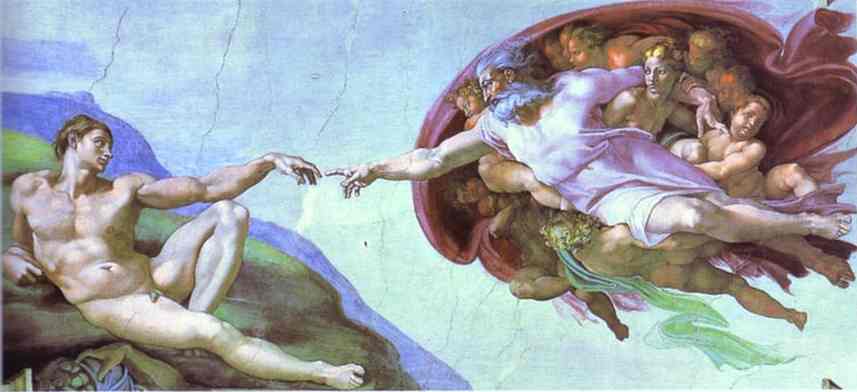 |
Foundation Stories
Who are we
and where do we come from? The community and the individual.
What do these stories tell us about the self-understandings of the
people who told these stories, and of those who collected them?
What do they say one should do? What do they say it means to be
human? How should society be organized? Why?
|
Read before class:
|
9/30
Ahr/Conway
Booth/Stark |
|
The Buddha and Buddhist teachings
Siddhartha
Gautama (traditionally 566 - 486 B.C.E., although some modern
scholars date him about a century later) is known to us as the
Buddha, the Awake One. At his enlightenment at the age of
35, he came to understand what he taught as the Four Noble
Truths: that all life is suffering, that the cause of suffering
is desire, that suffering can be ended, and that the way to end
suffering is the Noble Eightfold Path: right understanding,
right thought, right speech, right action, right livelihood,
right effort, right mindfulness, and right meditation.
This "Middle Way", between bodily indulgence and harsh physical
asceticism, focuses on the concentration of the mind to a proper
understanding of reality. He spent the rest of his life
teaching this
dharma (truth, teaching, thing); his teachings were
collected orally after his death, and much later reduced to
writing. During his lifetime, he gathered thousands of
followers, who adopted his mendicant style of living; these
monks were his first
sangha, or community.
|
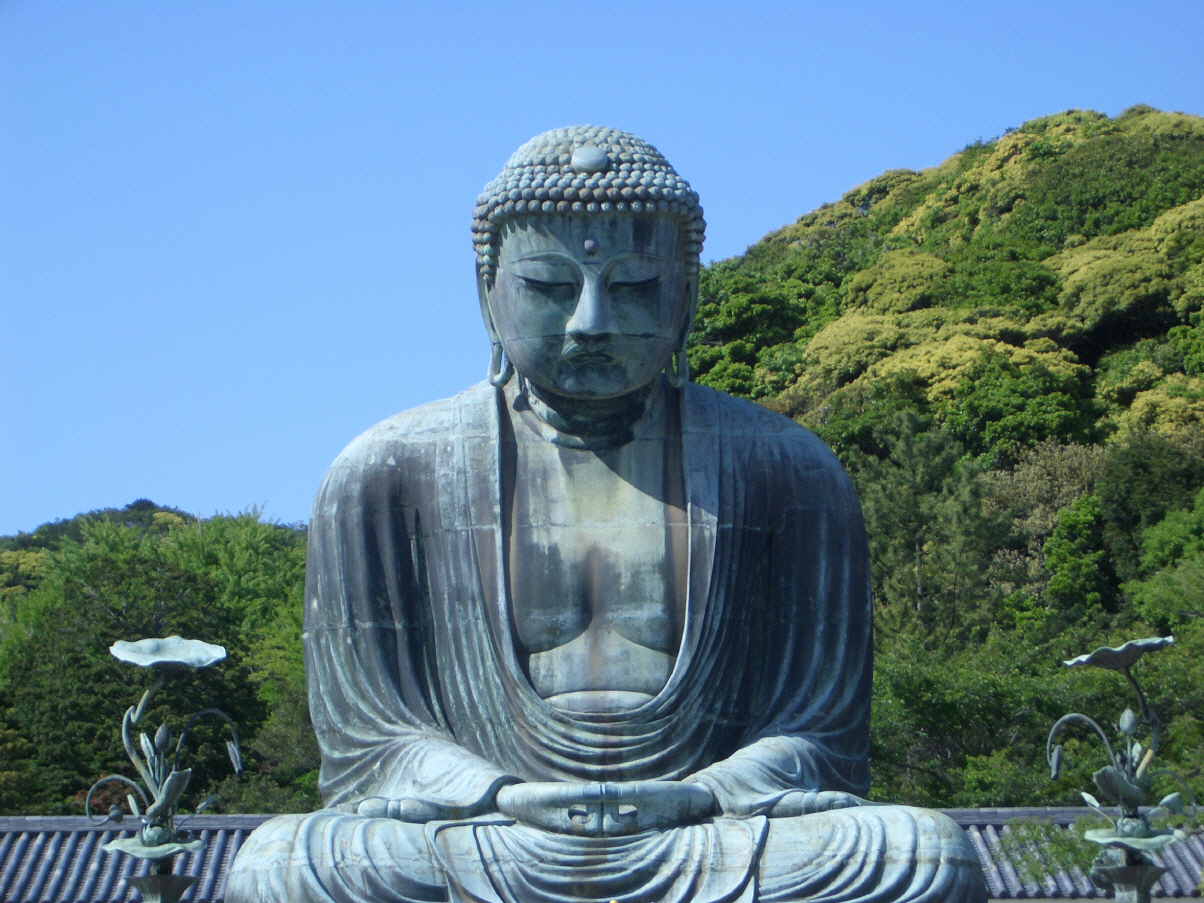
Buddha,
Kamakura, 13th century
|
The three texts
for this class purport to represent the actual teaching of the
historical Buddha, who was roughly a contemporary of Socrates. In
some ways, they are in dialogue with the ideas we have seen in the
Bhagavad Gita; and in some important ways they are a critique of some of
those ideas. "Buddha" means literally "awake"; these teachings
explain how life looks when you are truly awake to the real.
What in these texts do you find challenging? What is utterly
unfamiliar to you? What are you comfortable with? How do
these texts differ from your own understanding? Why? What do
these texts want you to think? to do? How do they accomplish
this? What do they take for granted that you do not? What
difference does this make in your ability to grasp them? Who are
"you" in these texts? How should you act? Why? How are
the Buddha's answers similar to those we have seen? In what ways
is the Buddha critiquing earlier Indian ideas, such as we have already
seen? How are they different? What does suffering mean? How
does one find meaning in it? What is freedom? What is
important in life? In what ways is the Buddha's teaching a
critique of social norms? How does his teaching challenge your own
self-understanding? Why?
Before you come to class, write a few paragraphs in your My Blog/Journal
with your first reflections on today's reading.
Read
before class:

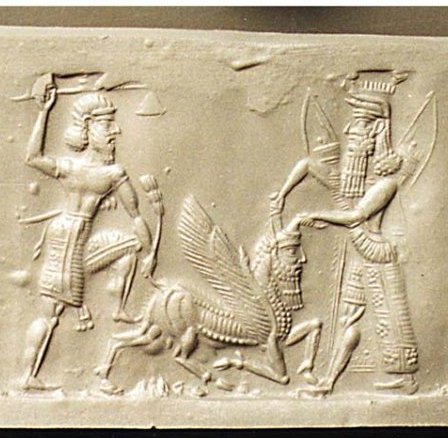 |
Gilgamesh
Gilgamesh is the protagonist of a number
of ancient Mesopotamian stories which appear to have been
widespread in the ancient Near East. What does the story
say about the difference between civilization and the wild?
What do you make of Gilgamesh's reaction to the death of Enkidu?
What do you make of the flood story?
Read
before class:
-
The Epic
of Gilgamesh (Myths from Mesopotamia, pp. 39-125
|
|
|
10/2 Ahr/Conway
Booth/Stark |
|
The Buddha and Buddhist teachings: The Heart Sutra
About the beginning
of the Common Era, the monastic form of Buddhist teaching was
challenged by an interpretation of the Buddha's teaching which
focused on the availability of the Buddha and his teaching to the
larger community, and not only to those who adopted the monastic
life. This "greater vehicle," the Mahayana, also developed the
ideal of the
bodhisattva, the enlightened being who postpones his own
entry into nirvana for the sake of the enlightenment of all sentient
beings. In this light, the Buddha is a permanent presence, and
enlightenment is a possibility for all who seek to uncover their own
buddha nature. It is, by and large, the Mahayana form of
Buddhism which moved into China, Korea and Japan. A further
expansion of the Mahayana, the Vajrayana, or "Diamond Way," became
the basic form of Buddhism in Tibet. The Mahayana text for
this class explores the subtler metaphysics and ethics of this
branch of Buddhist thinking.
The
Heart Sutra is a rather later Buddhist composition, dating from
somewhere in the early centuries of the Common Era, perhaps as early
as 100 C.E. Notice that in this text the Buddha is not the
speaker, but is a silent presence approving what is said. The
speaker is Avalokiteshvara (Chenrezig in Tibetan), a disciple of the
Buddha who emerges in later Buddhist thought as the boddhisatva (the
person who perfectly realizes an ideal) of infinite compassion.
It is important in reading this text to note who the speaker is:
what is taught in this text is the foundation of compassion. |
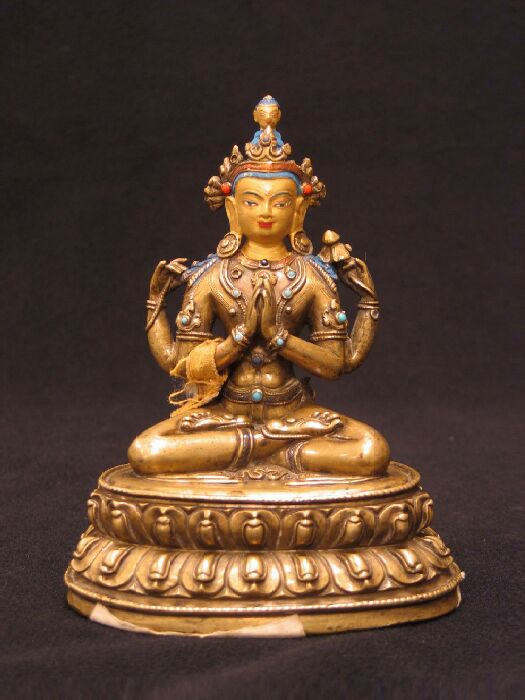
Avalokiteshvara
16th Century Tibet
Rubin Museum of Art |
What do you find most compelling in this text? What is
most unfamiliar? How is it like other texts we have seen? How is
it different? What does the text take for granted? Note that the
text explains that all aspects of human knowing are "emptiness" (shunyata):
form, feeling, cognition, conception and consciousness are all equally
empty, and that their emptiness is not other than what they are. How
does that shape what it says? What does the text say about the meaning
of the universe? about the meaning of life? about you? How
does its understanding of the nature of reality shape its ethical teaching?
What does this text have to say about the meaning of the individual?
about how you should act? about why you should act?
What is freedom? How does one find meaning in suffering? How
does one find the transcendent in one's life? What is true human
community? How does compassion emerge as a consequence of this
teaching?
Before you come to class, write a few paragraphs in your My Blog/Journal
with your first reflections on today's reading.
Read
before class:

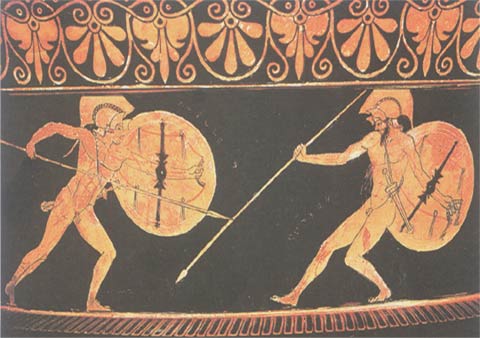
Achilles
fighting Hektor. Attic vase, c. 490 B.C.E. |
Ancient Heroes and Anti-heroes: The Iliad
Who is the hero? What is a hero? Is the hero an "I"?
In what sense is Achilles the hero of the Iliad? Is
Achilles responsible for his wrath? Why does the poem
begin with Achilles' wrath, but conclude with Hektor's funeral
rites? What in this poem made it the stories all Greeks
knew and remembered? Unlike most days, all sections will
meet together today for both morning classes to discuss this
material together.
Read before class: -
Heritage of World
Civilizations, pp. 86-101
-
The Essential
Iliad, Books 1-3, 6, 9, 14, 16, 18-24
|
|
|
10/21 Ahr/Conway
Booth/Stark |
|
Plato's ”Allegory of the Cave” from The
Republic
Unlike the Apology, which was probably written
shortly after Socrates' death, The Republic is a much later
work, and the "Socrates" here may or may not accurately
represent the historical Socrates; he is certainly the
mouthpiece of Plato's own thought. The Republic is a
lengthy discussion of the nature of justice (clearly a sore
point for Plato, who was present at Socrates' trial); the
"Allegory of the Cave" is a discussion of the nature of the kind
of knowledge that will bring about a just society.
|
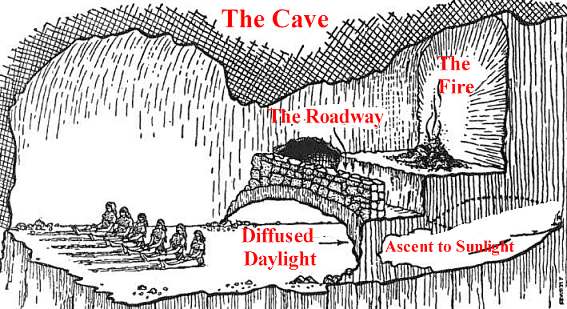 |
Do you recognize
the kind of thinking Plato is describing? Do you recognize the
"cave"? Do you live there? Do your friends?How do you
recognize what is real? How can you tell the real from the false?
How can you tell? What are you doing at university? How do
you connect your education with your future? Does that education
imply obligations to others? What might they be? What should
you do? Why? How?
Before you come to class, write a few paragraphs in your My Blog/Journal
with your first reflections on today's reading.
Read
before class:

| The
Self and the Polis: Tragedy as katharsis
Aristotle says, in the Poetics,
that "Tragedy is, then, a representation of an action that is heroic
and complete and of a certain magnitude--by means of language
enriched with all kinds of ornament, each used separately in the
different parts of the play: it represents men in action and does
not use narrative, and through pity and fear it effects relief to
these and similar emotions"(1449b).
He uses the word "katharsis" (translated here as "relief") to
describe the ultimate effect of tragedy. What is the
"katharsis" (relief, purification, clarification) in
the plays of the Oresteia?
What kind of knowledge gives this "clarification"? How does
this way of knowing differ from "philosophical" knowing?
Read
before class: -
Aeschylus,
Agamemnon, The Libation Bearers, The Eumenides
|
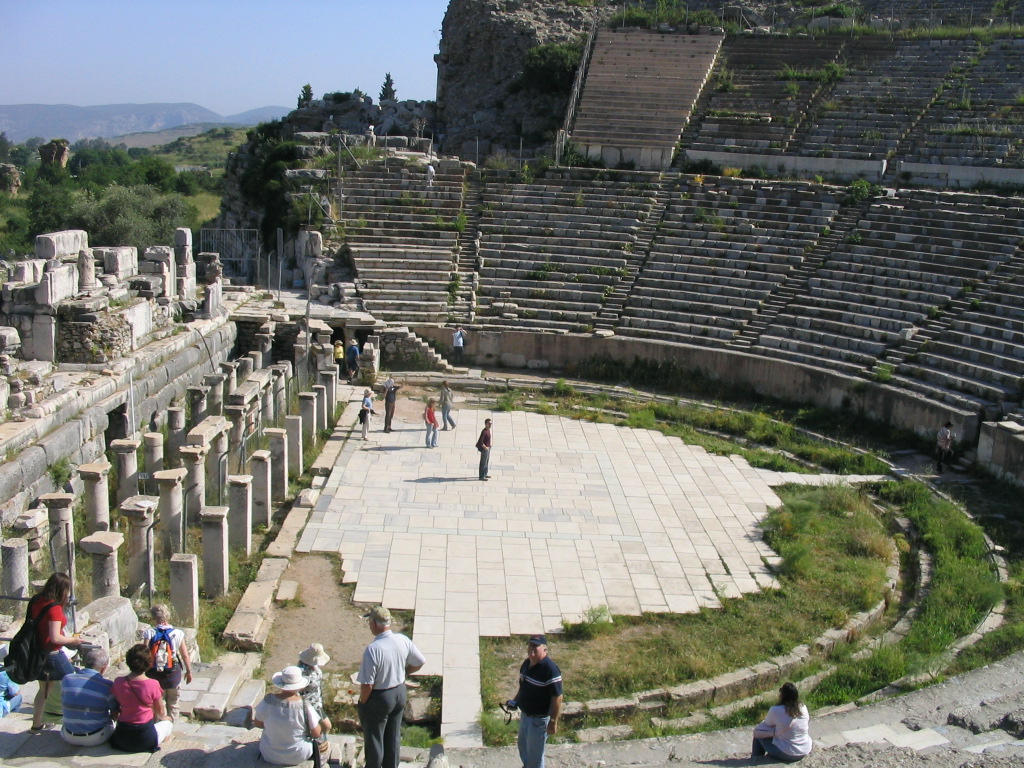
The Theater of
Ephesus |
By the end of this class,
we will have settled on the wording of the question(s) for the midterm exam. |
|
10/23 Ahr/Conway
Booth/Stark |
 |
Plotinus:
Tractate on the Beautiful (Peri tou Kalou)
Plotinus synthesized the
fusion of Stoic and Platonic thought that was the preoccupation
of the Alexandrian philosophers of his time. His
development of the ideal of the Beautiful and the One in a
neoplatonic "monotheism" is both the culmination of ancient
Greco-Roman philosophy and the bridge to the philosophical
treatment of the idea of God which develops in Christian
thought. At the same time, he also appears to reflect the
influence of the Indian philosophers in the Alexandria of his
time; notice the echoes of Buddhist teaching in the Tractate,
particularly in the way in which he effectively denies intrinsic
(or absolute) existence to the things of our experience.
|
Is Plotinus consistent
with Plato in his understanding of knowledge?
How does Plotinus
argue to the existence of a transcendent Beauty?
Is that Beauty the
same as the Christian God?
What is the purpose of human existence in
a Plotinian world?
How does Plotinus' philosophical approach reflect
the social and political world of the third-century Empire?
Do you
recognize Plotinus' footprints in Christianity today? In Islam?
Read before
class:
- Reread
Socrates' speech in Plato's Symposium; in some ways, Plotinus is
giving a commentary on this text in the Sixth Tractate.
-
Click here for the annotated version of the
Tractate on the Beautiful
- For more
of Plotinus' work, you can follow this link:
Plotinus, First Ennead
(Scroll down to find the
sixth tractate; if that link does not go all the way to the sixth
tractate, click on the text-only link at the top of the page. That
version gives you the entire Ennead.)

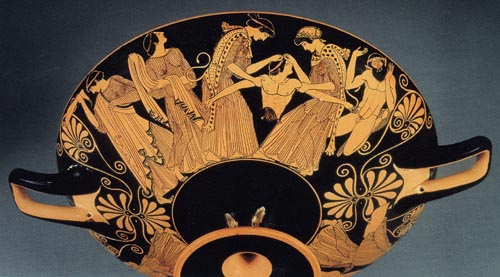
The Death of
Pentheus
Attic vase, c. 450 B.C.E. |
The
Self and the Polis: Tragedy as social katharsis
The Greeks found in their dramas a way of coming to understand a
number of conflicts that remained unresolved at the very core of
their civilization; the plays they continued to demand give us
insight into the nature of these conflicts. Indeed, some
of these conflicts can be seen in our own world; perhaps they
are inherent in human civilization. In any event,
audiences to this day continue to find understanding in these
plays. What is the "katharsis" (relief, purification,
clarification) in
Antigone, in Bacchae? What
conflicts do they dramatize, and how do they illuminate them?
What kind of knowledge gives this "clarification"? How
does this way of knowing differ from "philosophical" knowing?
Read before class:
- Sophocles,
Antigone
-
Euripides, Bacchae
-
Euripides,
Medea
|
|
|
10/28 Ahr/Conway
Booth/Stark |
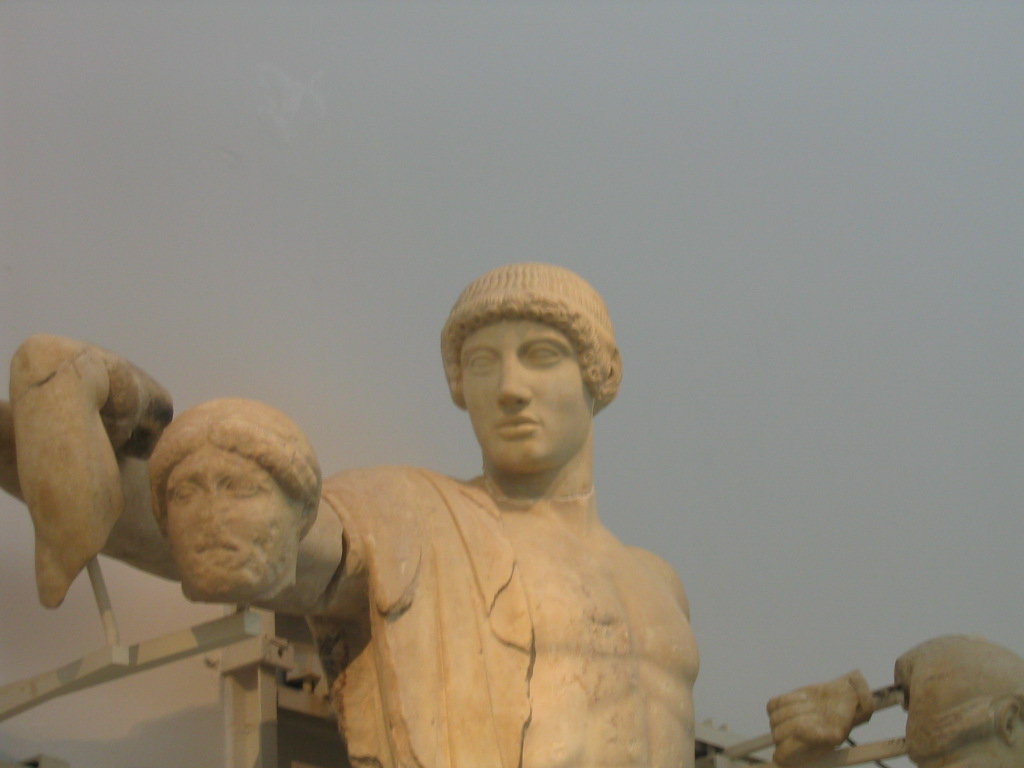
Apollo, from
the west front of the Temple of Zeus, Olympia |
Greek Art and Architecture
Some of the most
enduring influences of the ancient Greeks that continue to
influence us are their extraordinary achievements in the visual
arts: their painting (mostly lost), sculpture and architecture.
No understanding of this period is complete without some
understanding of those accomplishments; we will spend some time
today studying them in preparation for our visit to the
Metropolitan Museum in a few weeks. It is important to
realize that these artistic accomplishments were not separate
from the rest of classical Greek culture: Socrates was a
stone-cutter by profession, and the Parthenon was commissioned
by Pericles.
Some
vocabulary which you may find helpful in speaking about this
art: geometric style, cult object, votive offering,
Kouros, Kore, drapery, sarcophagus, equilibrium, contrapposto,
relief sculpture, ideal type, realism, individual facial
figures, grave monument, Roman portrait bust, decorative wall
panel.
|

Midterm exam for HONS 1001
|
10/30
Ahr/Conway
Booth/Stark |
|
Augustine's
Confessions
The
Confessions is perhaps the first autobiography in Western
history, and it remains a classic of psychological
introspection. Augustine is a writer of unparalleled skill; pay
especially close attention to the beginning and the ending of
each book, for they summarize his thoughts.
How does
Augustine understand the meaning of human life? How does
he know this? Who is his partner in the dialogue in this
work? In what way is this familiar to you? In what
way is it different from texts we have seen before? What
difference does it make in your understanding of the text?
What do you take away from his description of his childhood?
Does it resonate with your experience? How? What are
the various meanings of "confession" as Augustine uses
this term to apply to this book?
Augustine
writes this book as a long, extended conversation with God: what
importance and meanings can be attached to this form; how would
it have been different without this dialogical character?
What kind of education did he receive, and what did he think of
it? |
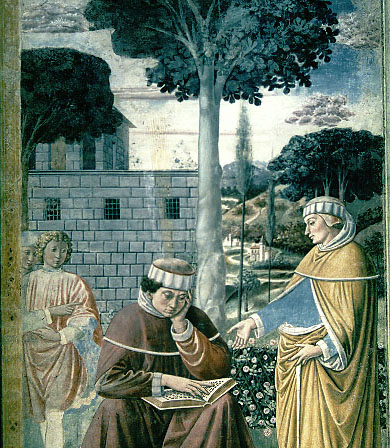
"Take; read"
Benozzo
Gozzoli, 1465 |
Before you come to class, write a few paragraphs in your My Blog/Journal
with your first reflections on today's reading.
Read
before class:
-
Augustine, Confessions,
Book 1
Midterm exam for CORE 1101 (hand in take-home exam) NOTE: This
assignment must be handed in no later than class on November 4!

Plato's
Republic
This class will be
devoted to examining questions raised in The Republic. The whole
class will meet together all morning for this discussion. Come
prepared to discuss the following:
-
How are we to take Socrates' suggestion that we shift the discussion
from the individual to the community (368e-369b)? Is it simply
a matter of seeing justice more clearly? What else is at stake
in this move?
-
Why is Plato so concerned with education (paideia) of the
young (literature and gymnastic)? And why does he want to
exercise such strict control over the poets? (How might
Euripides' and Aristophanes' plays have fared in Plato's new polis?
-
Correlate the great foundation myth (414d-415c) to the class
structure and the parts of the human soul. Does Plato get
these right? are any important things missing?
-
What finally does Plato claim that justice is and how does he arrive
at this definition? Do you see problems with his definition?
-
Socrates claims that three waves must be endured in order for this
new polis to come into existence: the equal education of men and
women, the new kinship structure and the philosopher ruler.
What are the main lines of each proposal, and how are these three
connected?
-
Plato's notion of the forms (ideas) plays the central role in the
education of the philosopher rulers with the highest form being that
of the good. What are the ways that Socrates attempts to
explain the form of the good (sun, divided line and cave)? Do
these make sense; do you see problems with any of these analogies?
-
Will the guardians be happy?
-
What problems does Plato have with democracy? Are his
criticisms cogent? Do you see any relationship of his
criticisms with problems today?
-
Why does Plato end his text with the story of Er? Do you see
any connection to the earlier story of the ring of Gyges? Does
the story of Er fit at the and? What purposes, if any, does it
serve?
Read before class:
-
Plato, Republic,
Books 7-10
|
|
10/31
Friday |
Trip to the
Metropolitan Museum of Art
We will spend Friday afternoon together on this trip to the Met.
The bus will leave from the Art Center by the main gate at 2:15 p.m.
As part of this experience, you will write a three-page description of
one of the myriad objects you encounter in this treasure house. We
will be assessing your ability to describe accurately and fully.
Begin your paper by identifying the object for someone who has not seen
it. Then give a detailed description of the object, including the
size, material, function of the object (if there is one), the time
period, the shape and ornamentation of the object. Then go beyond
the description of the image to a discussion of what it means.
Make a claim about the object
you are describing in relation to ideas or concepts you have learned
about the culture which produced it; formulate and argue a thesis about
it. The paper is to be handed in by November 18.
Some vocabulary which you may find helpful: geometric style, cult
object, votive offering, Kouros, Kore, drapery, sarcophagus,
equilibrium, contrapposto, relief sculpture, ideal type, realism,
individual facial figures, grave monument, Roman portrait bust,
decorative wall panel.
We will spend some time together in the Greek and Roman sections of the
Metropolitan. Afterwards there will be ample time for you to
explore other parts of the Museum; there's virtually no end to this vast
collection. Wear comfortable shoes!
Note that this is
Halloween!
You will be in New York City if you choose to take part in the
festivities after our visit to the Museum. You will be responsible
to get yourself home if you do. |
|
11/4 Ahr/Conway
Booth/Stark |
|
Augustine's Confessions
What
does Augustine mean by the "disintegrated self"? How is this
similar to, or different from, Plato's view of the self? the view
of the self in John? in the Gita? in Buddhist thought?
Why is he so troubled by the pear-stealing episode? Why is he
still brooding over it late in his life? What does he learn from
it? What do you make of it? How does his reflection on this
episode color his understanding of human action? What should you
do?
How does Augustine
interpret his boyhood prank in Bk. II and what significance does he
attach to it? For about ten years, he was associated with a
religious group called the Manichees; who are they, what do they believe
and of what importance is this to Augustine? As a young adult,
Augustine is perplexed by a number of philosophical issues: what are
they and how does he attempt to resolve them? Of what importance
are love and sex to him during these early years?
After class, write a few paragraphs in your My Blog/Journal with
reflections on this week's reading and discussion.
Read
before class:
-
Augustine, Confessions,
Books 2 and 3
|
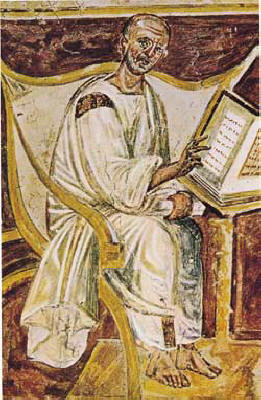
Augustine
Lateran Basilica, 6th century |

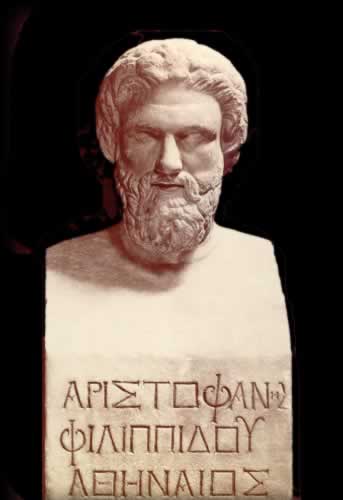 |
Athenian comedy
The
comic stage was another format in which the tensions in classical Greek
society became visible (and risible). It was not an accident that
a standard dramatic performance concluded with a comedy. Why are
these plays still hilarious? What do they tell us about our
society? What do they tell us about the Greeks? How does
Euripides' treatment of women differ from Aristophanes'? Why?
How are they similar?
Read
before class:
-
Aristophanes,
Lysistrata
-
Aristophanes,
The Clouds
Midterm
exam for the Journey course due at class today. |
|
|
11/6 Ahr/Conway
Booth/Stark |
|
Augustine's Confessions
How
does Augustine work his way through the question of evil? How does
this question go back to the pear tree episode? Do you find his
analysis of the question persuasive? Why? How? Does he
really answer the question he sets himself? Do you see his
alternatives still present in our world today? How does one find the
transcendent? How does one imagine it? What does it mean to
suffer?
Why does he go to Rome
and then to Milan? What ambitions does he have" What is
happening in the western Roman Empire at this point? What influence
does Ambrose have on him? Book VII describes Augustine's
"intellectual" conversion; pay attention to the importance of
"platonist" philosophy and how he sees this in relation to Christian
revelation. What are the main features of this aspect of his
conversion? How does Plotinus shape Augustine's answers?
Before you come to class, write a few paragraphs in your My Blog/Journal
with your first reflections on today's reading.
Read
before class:
-
Augustine, Confessions, Books
7-8
Image: Ambrose of Milan, 5th
century mosaic, probably a portrait, Sant'Ambrogio, Milan |
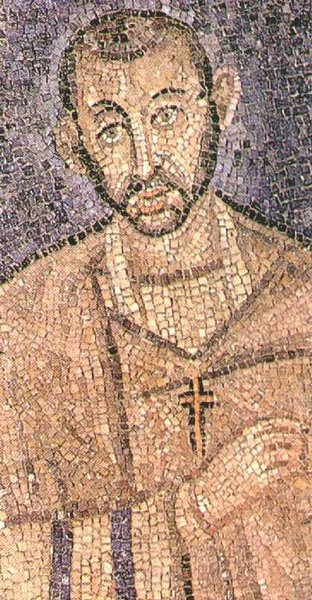 |

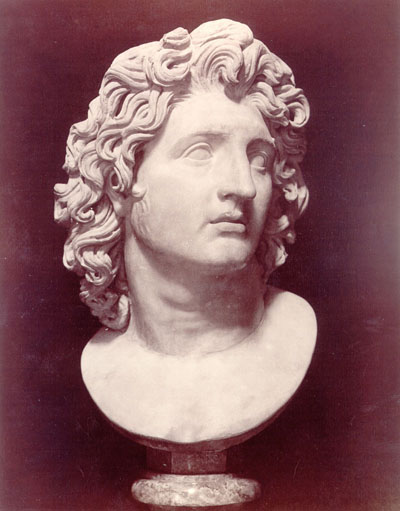
Alexander |
Aristotle,
Alexander and Hellenism
With Alexander's unification of the eastern Mediterranean and
western Asia into a single cosmopolitan entity, the thought
forms of classical Greek thought became the common language of a
wide variety of human societies. The resulting synthesis
of Greek, Egyptian and Middle Eastern thought became the basis
both of Roman imperial civilization and of the Christian church.
We are still the heirs of Alexander.
Read before
class: -
Heritage of World Civilizations, pp. 118-129
-
Aristotle:
Physics,
Book II, parts 1-3
-
Aristotle, On the Heavens,
Book I, parts 1 - 4;
and
Book II, parts 13-14
-
Aristotle,
Metaphysics,
Book 12, parts 7-9
|
|
|
11/11 Ahr/Conway
Booth/Stark |
|
Augustine's Confessions
What
do you make of Augustine's final conversion? What made it difficult?
What made it possible? How did his intellectual struggles pave the way
for it? How does one come to a vision of life? How does one
understand the meaning of beauty? of truth? How does your own
spiritual journey reflect Augustine's? How does one construct
community?
Book VIII culminates in
Augustine's moral conversion: what are its main features; with what
(in himself) is he struggling; how does his conversion finally come about?
What is the "vision of Ostia" as Augustine recounts it in Book IX?
Throughout the book, what does Augustine consider the problem to be?
How does he conclude it can be dealt with?
|
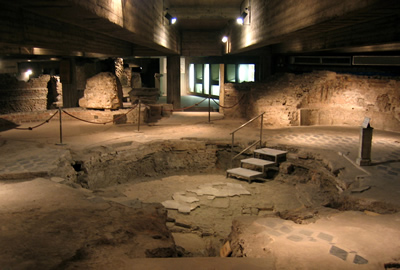
The baptistery
under the Duomo of Milan, where Augustine was baptized. |
After
class, write a few paragraphs in your My Blog/Journal with your reflections
on what you've learned from discussing Augustine's Confessions.
Read before class:
-
Augustine, Confessions, Books
9-10
|

 |
Aristotle
Read before
class:
Aristotle, marble portrait bust, Roman
copy (2nd century BC) of a Greek original (c. 325
BC); in the Museo Nazionale Romano, Rome |
|
|
11/13 Ahr/Conway
Booth/Stark |
|
Dorothy Day's The Long Loneliness
Dorothy Day
(1895-1980) was the founder of the Catholic Worker movement.
Raised in the Episcopal Church, she was a Marxist activist during
the First World War and then became a Catholic after the birth of
her daughter in 1927. Together with Peter Maurin she began to
publish The Catholic Worker in 1933, and opened the first
Catholic Worker house in the fall of that year. The Catholic
Worker movement from that time forward became a leading voice for
service to the poor, for pacifism, civil rights, for the rights of
farm workers, and against anti-Semitism and war, whether the
Spanish Civil War, World War II, the Cold War, the Korean War, and
the Vietnam War. Among her many admirers was Mother Theresa of
Calcutta.
Some questions to
think about as you read:
|
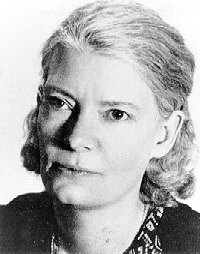
Dorothy Day |
-
How does Day describe her
religious sensibilities that she had as a child?
-
What were her relationships with family members and how did these affect
her life (father, mother, and especially her baby brother)?
-
What were her experiences as a student and her time at college?
-
What social issues does Day become aware of during her time at college
and immediately afterward and how is she moved by them? What does she
think she should do and why? How are these concerns related to her
journalism work?
-
What are the effects of her participating in a being jailed for the
protests in Washington, D.C. in 1917?
-
Why was she attracted to Marxism and Socialism as a young woman? What
answers do these systems provide for her? What questions does she have
about these ideologies?
-
Her family life is very important to her during her time on Staten
Island; how does she describe her relationship to her partner and the
birth of her daughter? Why did she and Forster end their relationship?
At what point is her spiritual journey and how does she understand it?
-
Who was Peter Maurin and what influences did he come to have in her
life?
-
Identify the core beliefs of the Catholic Worker and how did these come
to be discovered and lived out? How do Day and Maurin see their
relationship to the Catholic Church?
-
Why a newspaper?
-
What's love got to do with it? How is love understood and practiced by
Day, Maurin, and the others who create the Catholic Worker?
Read before
class:
- Dorothy
Day, The Long Loneliness, Introduction by Robert Coles,
and pp. 15-83; 93-109

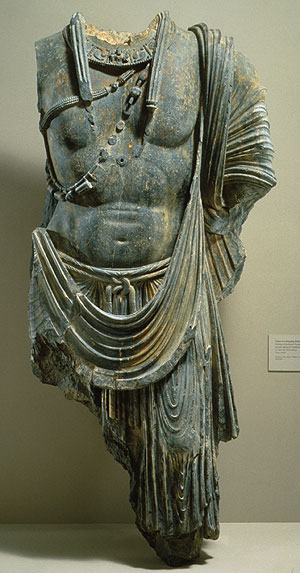 |
Hellenistic and Roman Philosophical Thought
With Alexander's unification of the eastern Mediterranean and
western Asia into a single cosmopolitan entity, the thought forms of
classical Greek thought became the common language of a wide variety
of human societies. The resulting synthesis of Greek, Egyptian
and Middle Eastern thought became the basis both of Roman imperial
civilization and of the Christian church. We are still the
heirs of Alexander.
Read before class:
Recommended reading:
Image: Torso of a
boddhisattva, Gandhara, Pakistan, 1st-2nd century C.E. The
Metropolitan Museum of Art. Note the Greek influence on the form of
the body, showing the degree to which western and southern Asia were part of
a world stretching to Spain and Britain.
|
|
|
11/18 Ahr/Conway
Booth/Stark |
|
Dorothy Day
Continued discussion of
issues raised in The Long Loneliness. Reflect more on the
questions raised earlier about her journey.
Read before class:
- Dorothy Day,
The Long Loneliness, pp. 113-138
Image: Ade
Bethune, Dorothy Day, Dorothy Weston, Jacques Maritain, Peter Maurin
at the Catholic Worker house, 1934 |
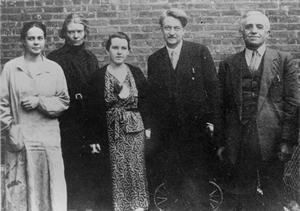 |

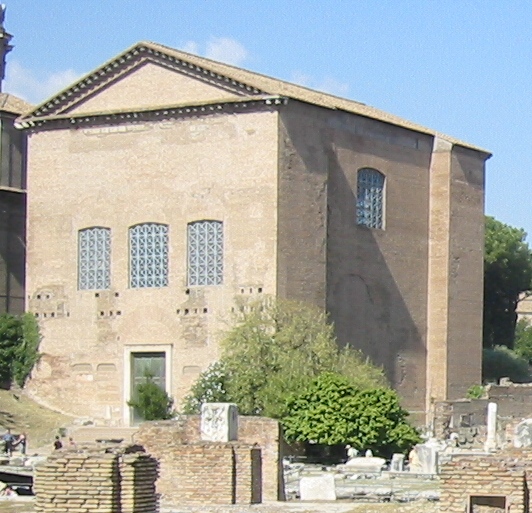 |
The Roman Republic
Livy on the Roman
concept of female virtue, Polybius on the constitution of the
Republic.
Read before class:
Deadline for handing in your paper on an object from the Metropolitan
Museum.
The
Curia Iulia, seat of the Roman Senate, in the Roman Forum |
|
|
11/20 |
|
Dorothy Day
Continued discussion of
issues raised in The Long Loneliness. Refer again to the
questions raised above concerning the issues her book raises.
Read before class:
- Dorothy Day,
The Long Loneliness, pp. 169-235; 263-286
|
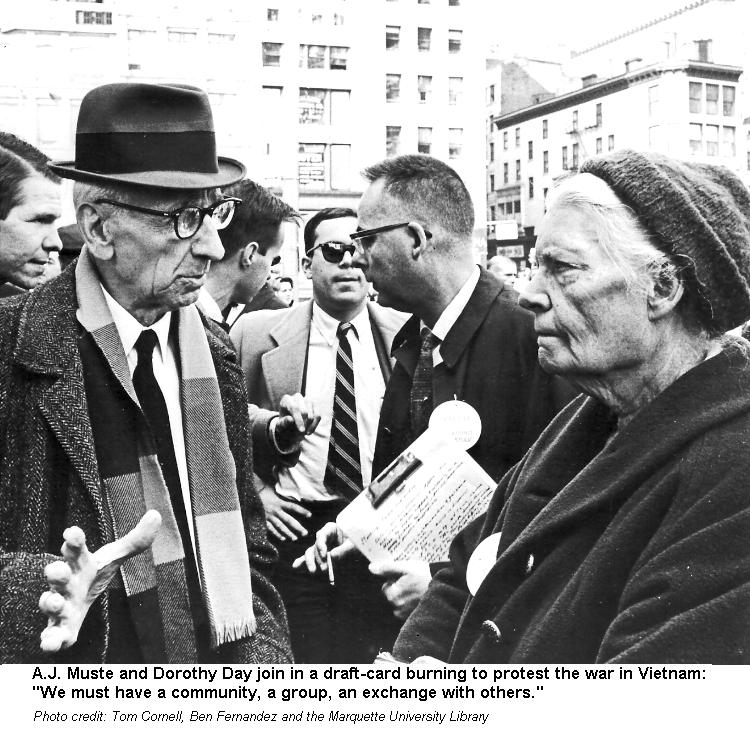 |

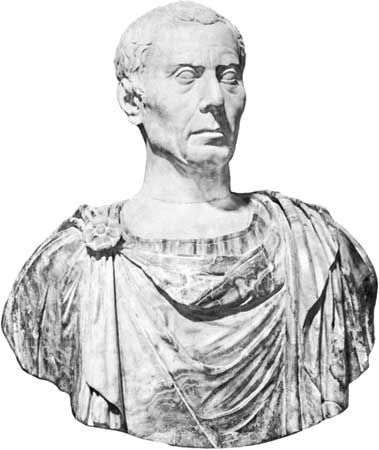
Julius Caesar |
Julius Caesar and the fall of the Roman Republic
Julius Caesar was one
in a series of warlords whose private armies continually threatened
the stability of the Roman Republic, which was itself collapsing
under the weight of administering what had suddenly become a great
world empire with institutions developed to rule a modest-size city.
Read
before class:
|
Fourth essay topic
: (due December 2) |
|
11/25
Ahr/Conway
Booth/Stark |
|
The Autobiography of Malcolm X
Malcolm X's
Autobiography recounts his transformative journey into the
leader he became. He raises questions of the meaning of the
American experience that continue to challenge us. How does
one find meaning in oppression? in suffering? What makes
for a truly human community? How does one's vision of the
transcendent affect the kind of community one builds? How do
our cultural values get in the way of genuine community? How
do we get past the cultural presuppositions that prevent the
formation of genuine human community? As you read, think about
the power of people's attitudes on Malcolm's personal growth and
development. What kind of person did he become as a
consequence of those attitudes, his own and others'?
Before
you come to class, write a few paragraphs in your My Blog/Journal
with your first reflections on today's reading. |
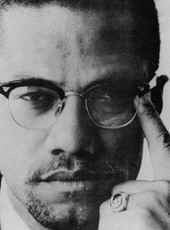
Malcolm X |
Read before class:

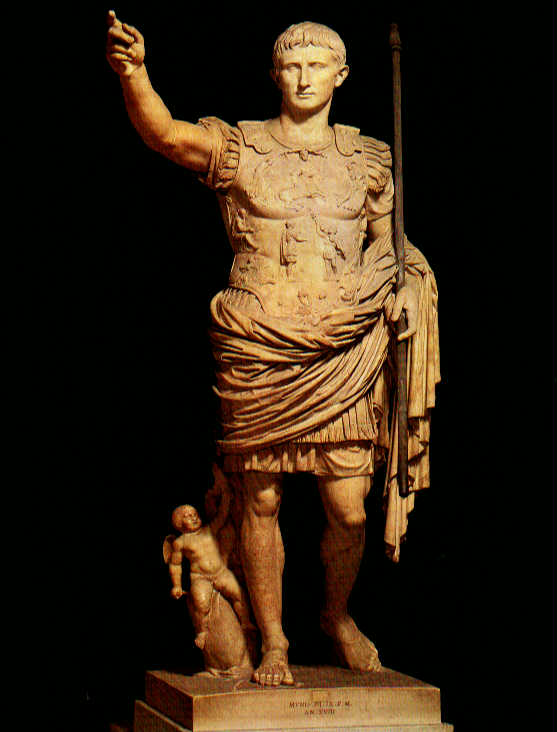
Augustus Caesar,
Vatican Museums |
Rome as Republic and as Empire: Vergil and the Aeneid
Vergil's Aeneas is both an epic hero on the model of Achilles
and Odysseus, and a type of the model Roman, invented to justify
the new imperial despotism of Augustus Caesar. The
tensions between Vergil's epic aspirations and the political
nature of his commission made his work an enduring classic.
Vergil's other poetry also articulates an idealized version of
what it meant to be "Roman." Maecenas, addressed in the
first verses of the Georgics, was an immensely wealthy adviser
to Augustus and patron of several of the poets of Augustus'
court, including Vergil and Horace.
Be prepared to discuss:
1. The driving force of the
Aeneid: a divine plan?
2. The intervention of the gods,
especially in Books 1 and 7.
Read before
class:
-
Heritage of World Civilizations, pp. 202-220
-
The Essential Aeneid, Books 1, 2, 4
|
|
|
11/27 |
|
|
12/2 Ahr/Conway
Booth/Stark
|
|
The Autobiography of Malcolm X
Malcolm X also raises the question of structural oppression. Is it
enough to be a good person as an individual? Do our responsibilities
go beyond personal goodness? Is it enough to pursue personal
happiness? How can we appreciate the humanness of others who are
different from us? How can we find common ground with them? What
makes this appreciation difficult? How? How does Malcolm X find
a grounding for this appreciation in Muslim values? How do those
values appear to you? How did his experience at Mecca change him?
Image: The Kaaba
|
 |
After
class, write a few paragraphs in your My Blog/Journal with reflections on
this week's reading and discussion.
Read
before class:
-
Malcolm X, The Autobiography of
Malcolm X, chapters 16, 17, 18.

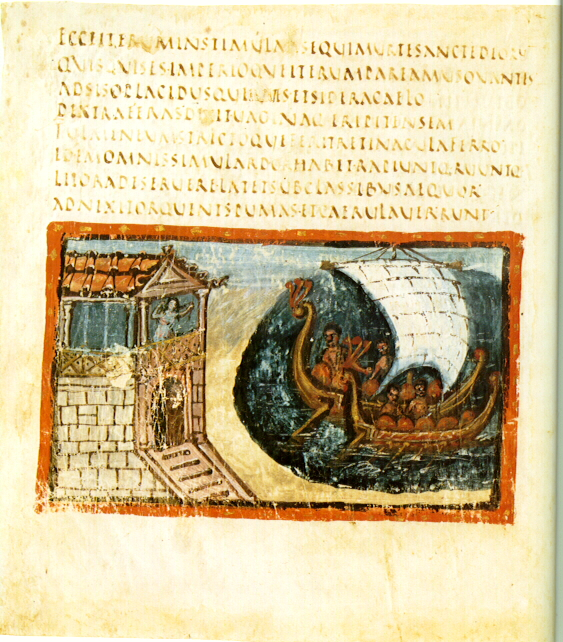
Folio 40r of the Vatican Vergil: Dido sees Aeneas sail away.
The Vatican Vergil is a codex of the works of Vergil written c. 400
C.E. |
The Aeneid
and other poetry of Vergil and his contemporaries
The Odes of Horace are
another perennial monument of the Augustan project.
Published in 23 B.C.E., they give a rounded picture of the Rome
that was settling in to rule the world. The first six Odes
of Book III, the "Roman Odes," portray the social, moral,
political and religious aims of the new Roman Empire as Augustus
would have them accepted. What does it now mean to be a
"Roman"?
Read before class:
-
The
Essential Aeneid, Books 6, 7, 8, 12
-
Horace,
Odes (in Blackboard)
|
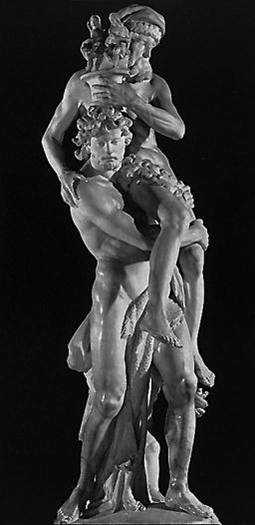
Aeneas and Anchises |
Fourth essay due. |
|
12/4 Ahr/Conway
Booth/Stark |
Course Summary

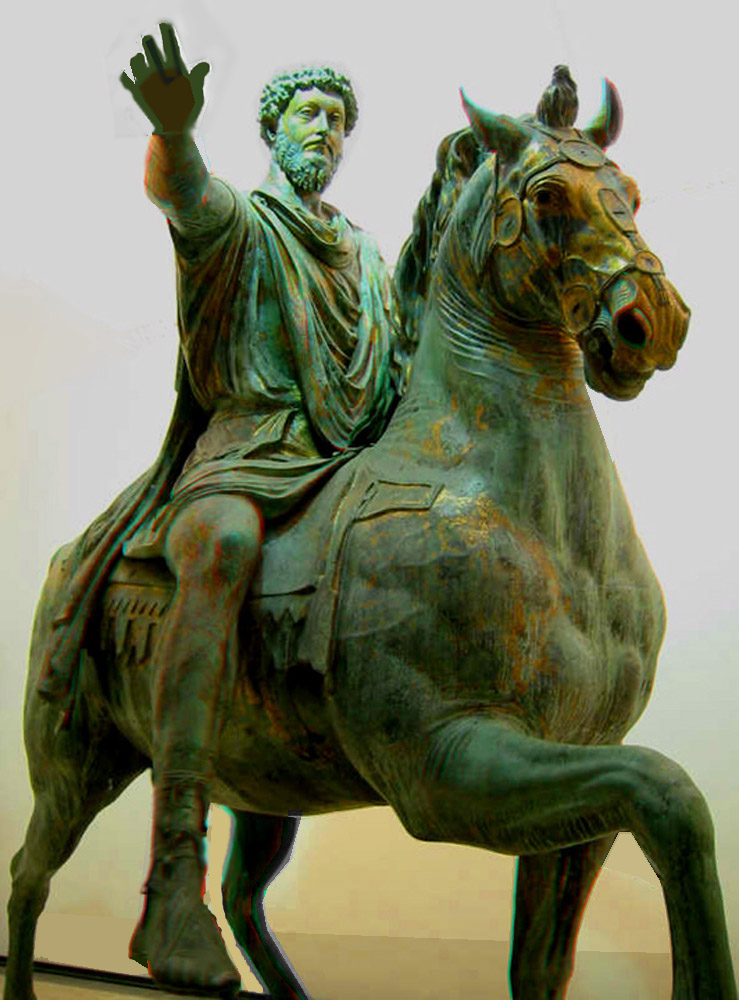 |
The Stoics
The first century CE brought a renewed interest in philosophy, but
with a decidedly different approach. Rather than pondering
ideal forms, or causes, the "moral" or "practical" philosophers were
concerned with the question, "How should I live?" How do the Cynics
answer this question? How do the Stoics? the Epicureans?
Do you recognize some of these answers in the world we live in? Who
are the Epictetuses of our contemporary culture?
Read before class:
Marcus Aurelius,
Capitoline Museum, Rome |
Come to class prepared to
formulate the list of topics, persons, ideas and things for the final
examination. We will formulate the questions for the exam in the next
class. |
|
12/9 |
Course Summary
This course was designed to
enable discussion of core texts dealing with issues from the Catholic
intellectual tradition, with special attention to how they can inform our
journeys of transformation. Faculty prepared material for you to study,
discuss together, and think about individually. In a brief essay, reflect on
your course activities -- reading, writing, listening, talking, thinking,
and other in-class and out-of-class experiences -- the totality of your
course work. As you reflect describe the mileposts and potholes of
your own journey along this course of study. Hand in an essay of about
five pages dealing with the following questions, by noon on Tuesday December
18, or earlier by email. This essay will constitute 20% of your final
grade.
Your task is to write a
unified narrative reflection, examining what you have learned through this
course.
The work is divided into two stages. You should submit the pre-writing as
well as the finished essay.
Stage 1, pre-writing. The questions below have been posed to help guide your
thinking, as you consider the past semester in the Journey of Transformation
course. Begin working on your essay by answering these questions in as much
detail as possible. Certainly your answers should include quotations from
the class material, such as texts, visuals, discussions, or service
experiences, as well as your own analysis and conclusions.
What new knowledge have you gained, and by what means have you learned it?
What understandings do you have that are clearer and/or fuzzier now than
before, and how did this came about?
Have any of your attitudes changed, and in what ways? How did this happen?
Have you learned new ways of thinking about what you know? How did you learn
these ways of thinking?
Have any of your personal goals changed, and if so, what led to the change?
Stage 2, writing the essay.
Based upon your answers to the questions, reflect upon your experiences as a
whole, over the past semester, and decide how these separate parts are
related, so you can write an essay with a unified theme and an organized
structure. You might choose a chronological narrative, describing and
interpreting your experiences as they happened one after the other. Or you
might choose to describe pivotal events or insights in the order of their
importance to you. Or you might structure your narrative as a dialogue with
one or more of the authors that we read, quoting them, and relating the
quotations to your own thoughts. Or you might pose a paradox and write about
its resolution. Or you might come up with another organizing theme of your
own.

|
Review for final exam
We will formulate the
questions for the final examination in this class, as well as tie
together sundry other loose ends. The examination will, of
course, be cumulative.
Image: The Labors
of Hercules. 3rd century Roman mosaic, Madrid Archeological
Museum |
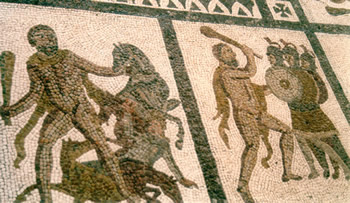 |
|
|
12/12 (Friday) |
|
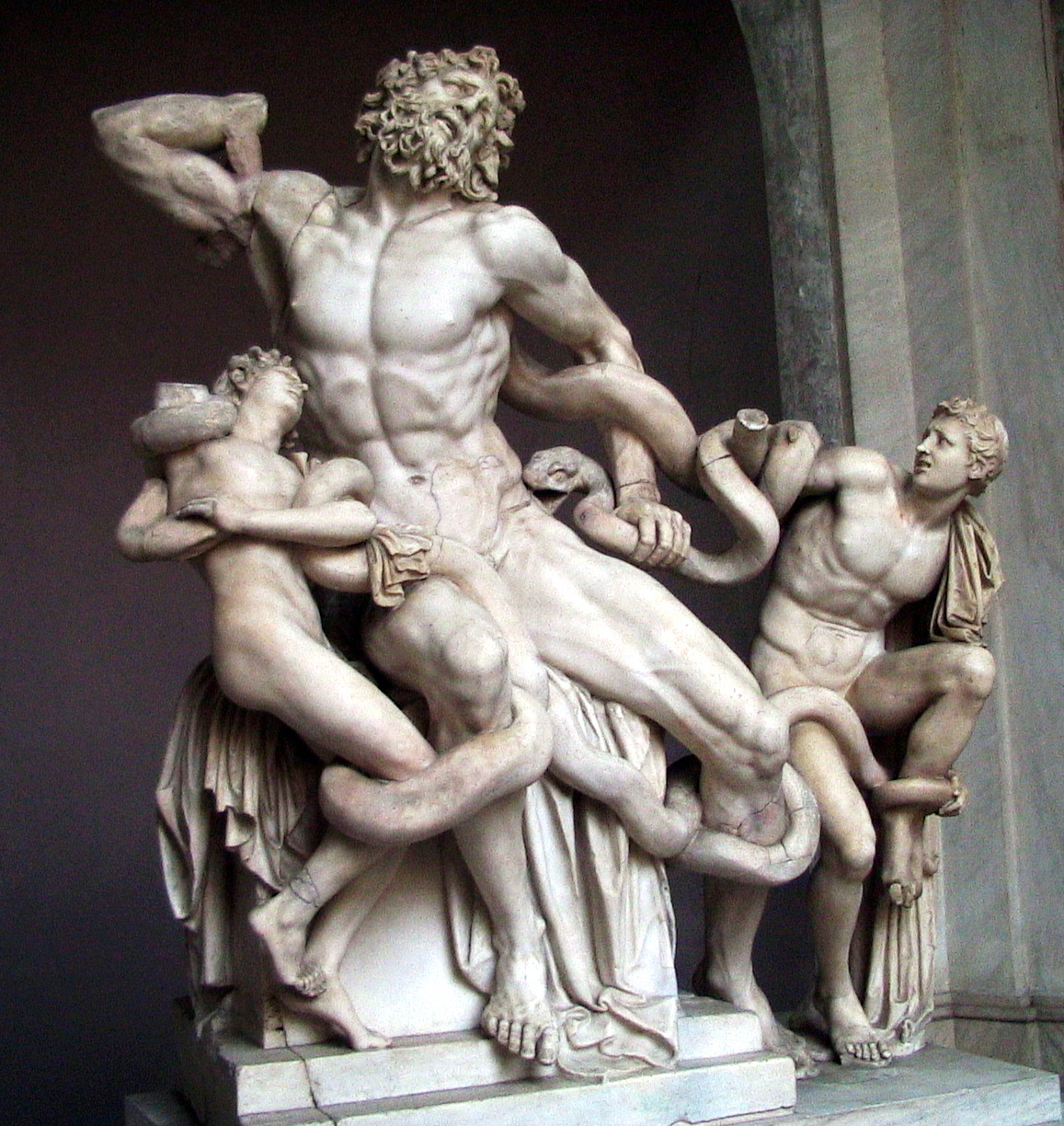
Laocoon |
Final Exam 12:45 p.m.
|
|

